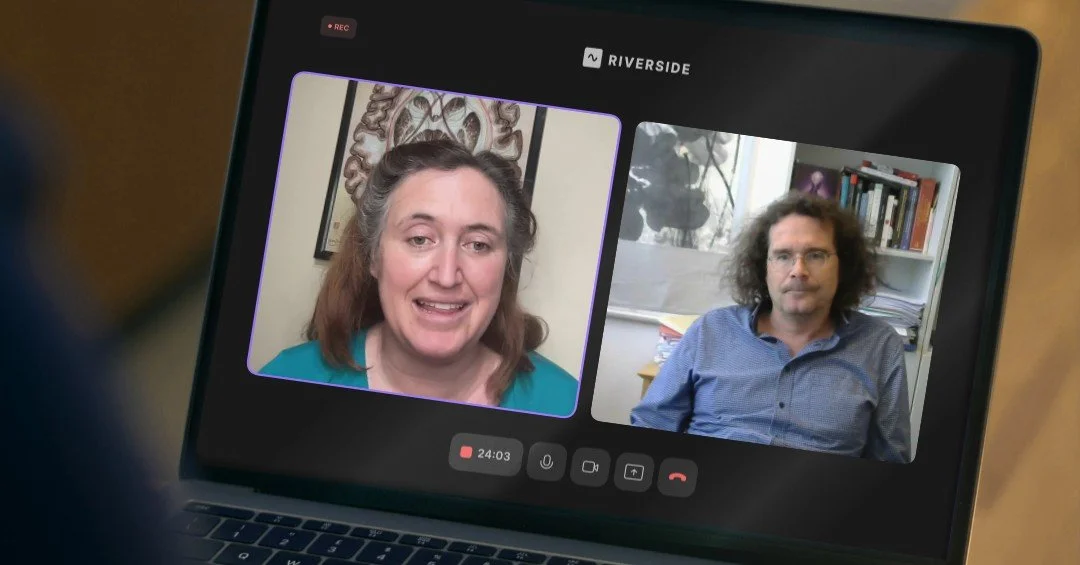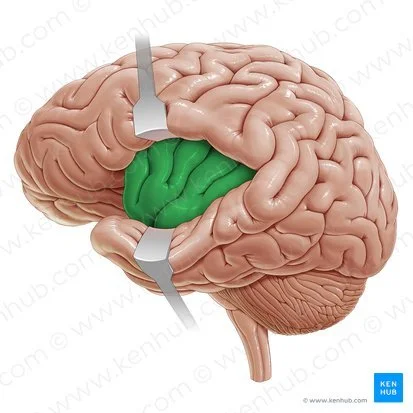Talking Time (and Losing It) with Marc Wittmann
I’m kicking off Out of Your Mind with someone who thinks about time for a living—neuroscientist and philosopher Marc Wittmann. Naturally, he was four minutes late to our video call.
Since he’s German, and Germans are famously punctual, I must admit I was worried.
Usually, I’m the one who is running late.
Is he OK? Did I get the time wrong? Did something terrible happen?
Nope. He just had a browser issue.
Though Dr. Wittmann doesn’t typically lose track of time, he does know what happens, at the neurological level, when other people do.
Why is Time So Weird?
As Marc points out in his book, time is a strange sense because we have no sensory organs specifically devoted to time perception, like we do for taste, touch, smell and vision. Instead, we cobble together our sense of time from a combination of two different brain areas, the insula and the supplementary motor area (SMA).
The insula is an interesting part of the brain, one you don’t hear about very often, perhaps because it’s tucked into the Sylvian fissure, a deep fold in your brain. To see it, you’d have to pry apart someone’s frontal/partial lobe and their temporal lobe.
This “little island” tracks our bodily internal states. This sense, known as interoception includes things like hunger, thirst, pain, heart rate, and emotions. —
The supplementary motor area (SMA) is another key brain area for keep track of time. As it’s name suggests, it’s best known for planning physical movement, including timing things like clapping, walking, or dancing.
People who are less aware of their bodily states tend to be less good at time perception. You know people who get so involved in their work they “forget” to eat lunch? This has never happened to me. I am very in tune with my sense of hunger.
So Who’s Good at Time?
Professional drummers, apparently. And probably dancers, too.
People who have insulas that are well connected to other parts of their brain tend to score well on timing tasks.
Fun twist: people who are highly attuned to their bodies tend to say time feels longer. Possibly because they’re registering more internal signals—heartbeats, breathing, etc. But high bodily awareness can also correlate with alexithymia (trouble identifying or naming emotions). So... perks?
I asked if there are people who are truly “time blind,” like faceblind but for duration. The answer was basically no—not in the strict sense. You can damage lots of different time-processing systems, and still never lose your sense of time completely. (Sorry, no tidy Oliver Sacks case study for this one.)
ADHD and the Time Trap
Here’s where it gets juicy. People with ADHD often struggle with prospective timing—keeping track of time while it’s happening. But they may be totally fine at retrospective timing—figuring out how long something took after the fact.
So, my ADHD friends, this could be the source of a potential hack for you: After you’re doing doing something, estimate how long it took. Then, use that information for future planning. (I know, easier said than done.)
In any case, research on time perception suggests an alternative explanation for a lot of classic ADHD behavior. Like being late, not because you’re flaky, but because your internal stopwatch is unreliable.
What I’m Doing Next
I’m cooking up an online time perception experiment that anyone can try.
It’ll be simple: you'll watch a colored square appear on screen for a few seconds, then try to reproduce how long it was there—without counting. (Yes, counting makes you good at these tasks. But that’s not the point. We’re looking for your subjective sense of time, not your Sesame Street skills.)
Then we'll ask you questions like:
Are you always late?
Do you get absorbed in tasks and lose track of hours?
Do you clap on the beat?
Do you feel your heartbeat without touching your chest?
The idea is to find people at the extremes and ask: what’s it like in your head?
It’s not a clinical trial. It’s a curiosity machine. A way to explore how wildly different our internal worlds can be.
And I can’t wait to share it with you.
Want to be the first to try the time test? Subscribe to the newsletter or follow me on Substack, Medium, Instagram, TikTok or Bluesky.


